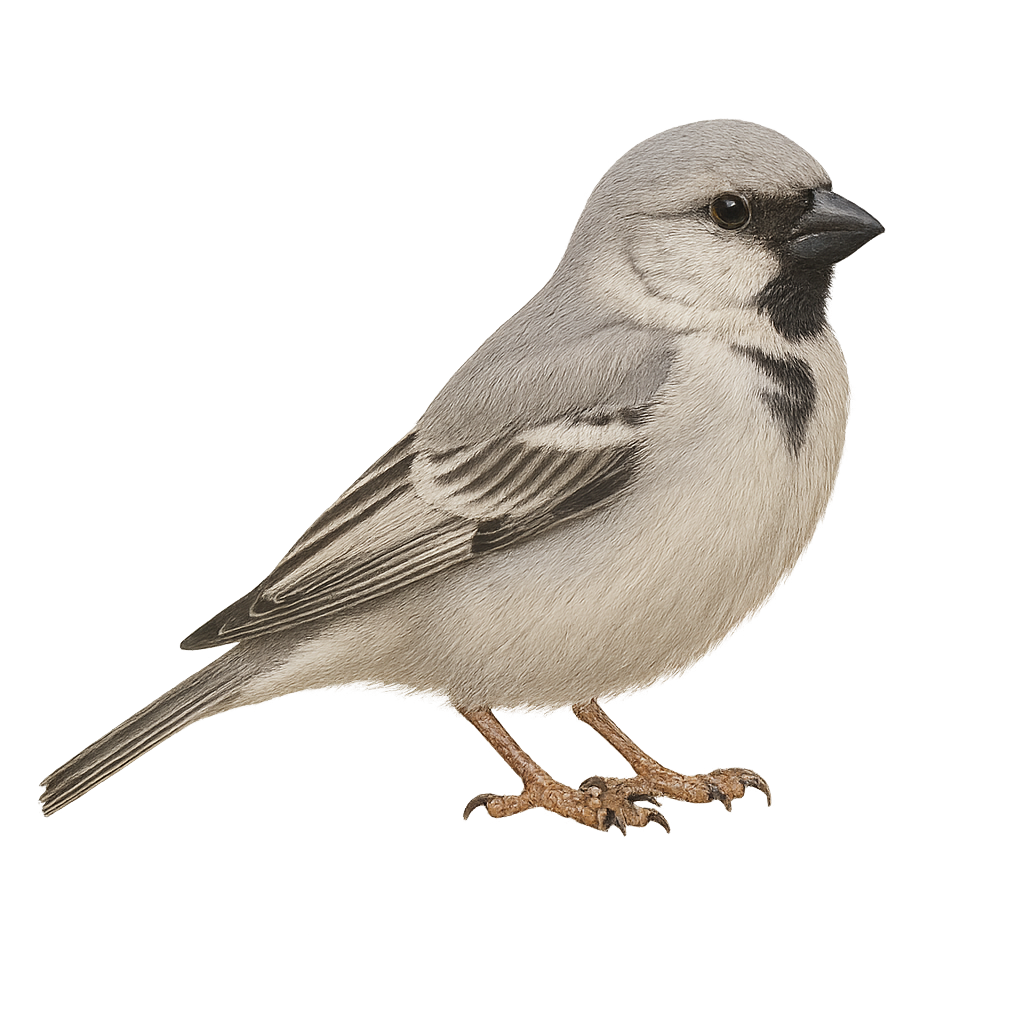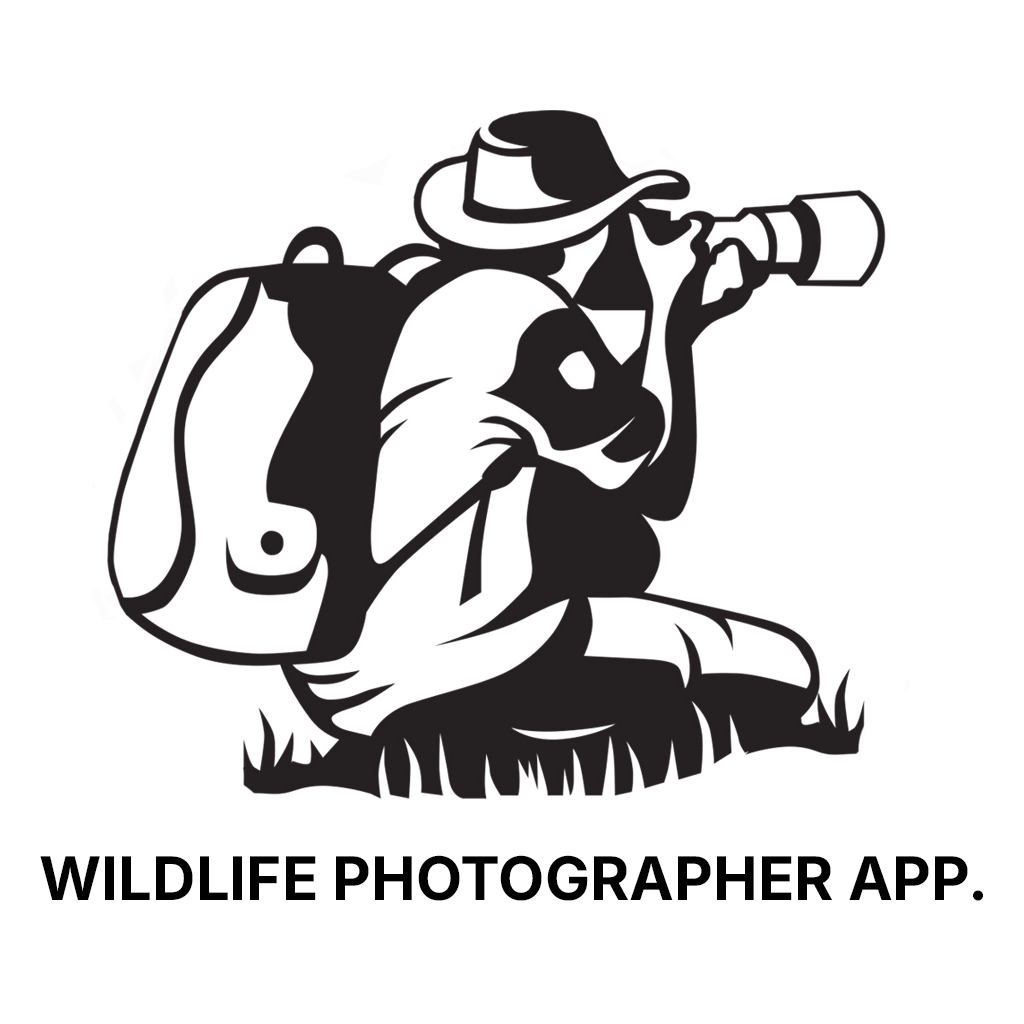Your wildlife photography guide.
Explore the desert sparrow in detail, study its behavior, prepare your shots.
Where to observe and photograph the desert sparrow in the wild
Learn where and when to spot the desert sparrow in the wild, how to identify the species based on distinctive features, and what natural environments it inhabits. The WildlifePhotographer app offers tailored photography tips that reflect the desert sparrow’s behavior, helping you capture better wildlife images. Explore the full species profile for key information including description, habitat, active periods, and approach techniques.
Desert Sparrow
Scientific name: Passer simplex

IUCN Status: Least Concern
Family: PASSERIDAE
Group: Birds
Sensitivity to human approach: Tolerant
Minimum approach distance: 5 m
Courtship display: March to May
Incubation: 12-14 jours
Hatchings: March to June
Habitat:
Deserts, oases, arid savannas
Activity period :
Primarily active during the day, with peak activity in the morning and late afternoon.
Identification and description:
The Desert Sparrow, Passer simplex, is a small, sturdy bird primarily inhabiting the arid regions of the Sahara and the Arabian Peninsula. Its plumage is generally pale, with shades of beige and gray, allowing it to blend into its desert surroundings. Males have a gray cap and a black throat, while females are more uniform and discreet. Adapted to life in extreme conditions, this sparrow feeds mainly on seeds and insects found in the sparse vegetation of oases. It is often seen in small groups, foraging or resting in the shade to escape the intense heat.
Recommended lens:
400 mm – adjust based on distance, desired framing (portrait or habitat), and approach conditions.
Photography tips:
To photograph the desert sparrow, it is advisable to use a telephoto lens of at least 400mm to capture detailed images without disturbing the bird. Look for shaded areas where they often rest to avoid the heat. Morning or late afternoon light provides the best conditions for well-lit photos. Be patient and discreet to observe their natural behavior.
From knowledge to field practice
A species profile helps you understand an animal. In the field, the challenge is often different. Remembering your own observations.
The WildlifePhotographer app allows you to:
• record your personal observations
• note locations, dates, and behaviors
• revisit your field references over time
• build a private and long-term field logbook
The app does not provide observation locations.
It helps you organize what you actually observe, with respect for wildlife.

